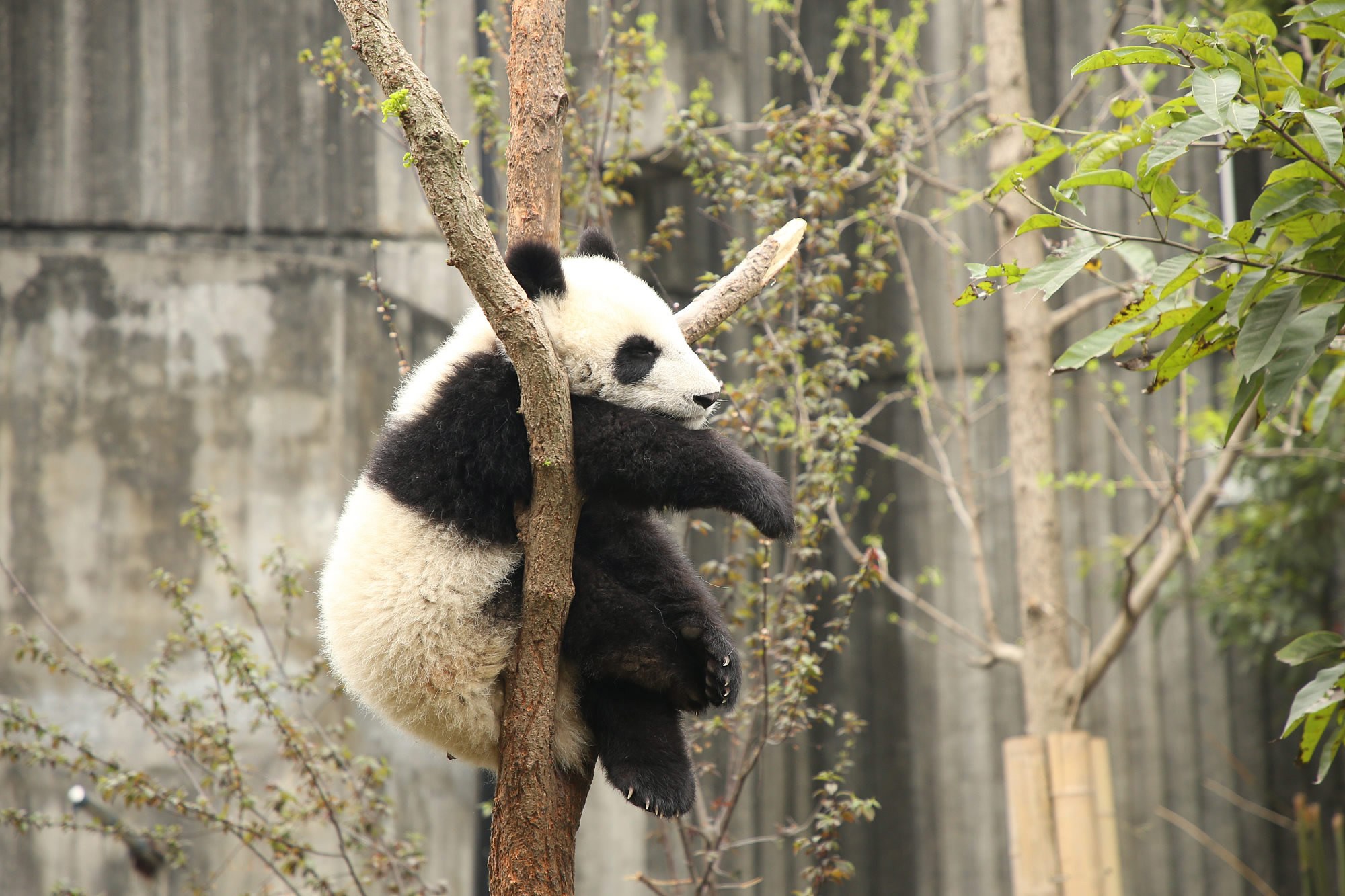How does 'Panda Diplomacy' work out in practice?
2017-04-16 15:27 GMT+8

Editor
Zhang Ruijun
By CGTN’s Wang Duan
Giant pandas are a national treasure of China. They are adored by people around the world, so they are often used as goodwill ambassadors promoting friendship between China and other countries. Recently a pair of Chinese panda cubs arrived in the Netherlands for joint scientific research and breeding for 15 years. The Dutch zoo has invested more than 7 million US dollars to build a luxurious house for them. Besides the Netherlands, China has cooperated with zoos in different countries, including the US, the UK, Australia, and Japan, to allow people in different places to meet the cute Chinese bears. However some people have claimed that panda diplomacy is being used by China as a bargaining chip. So what’s the true role of pandas? How does "panda diplomacy” work out in practice?
"Panda diplomacy" started in the 1950s, when China sent pandas as gifts to countries for free. With the decline in panda population, the Chinese government changed its approach. Instead, the country now usually offers a pair of pandas to other nations for 10 years and charges a fee of one million US dollars for each year. The fee would be reinvested in the conservation of the species. Zhao Zhonghua, country director of the World Animal Protection in China told 'The Point with Liu Xin' (@thepointwithlx) that the renting fee is a drop in the bucket in comparison with the huge investment supported by the Chinese government.

Panda resting at the Chengdu Research Base of Giant Panda Breeding. /CGTN Photo
In 2016, the International Union for Conservation of Nature, or IUCN, announced that the giant panda has been downgraded from ‘Endangered’ to 'Vulnerable’. Now the population of wild giant pandas is more than 1,800, an increase of about 1/5 in the decade up to 2014. Victor Gao, Global Councilor of Asia Society, said the achievement is not only a good thing for Chinese people but can also be shared by people around the world.
As for some people arguing against “panda diplomacy,” the host of the program, Liu Xin (@thepointwithlx) closed the discussion, saying “In the case of the benefits that panda diplomacy brings to the species' welfare, China has learned from criticism in the past and slowly came up with the best practices to protect the welfare of pandas while enabling people around the world to appreciate this lovely animal. The pandas might have suffered a bit of unease during their times of transport and adaptation, but every measure possible has been taken to ensure that they can adapt in the best way possible to their new surroundings. But at the end of the day, pandas are no longer facing extinction thanks to the joint efforts of people in China and around the world. That is, I think, something we can all be proud of.”
Copyright © 2017
